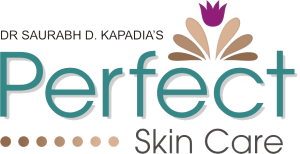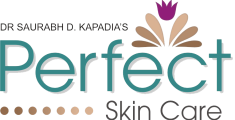Eczema includes conditions such as:
Atopic dermatitis. This is what people are usually talking about when they say “eczema.” This is the most common form, and it affects more than 7% of adults. It’s also linked to other allergic disorders, like asthma and hay fever, and often starts in childhood.
Contact dermatitis. Nearly everyone gets this at some point in their lives. It happens when your skin comes into contact with something that causes a rash. The trigger can cause irritation or an allergic reaction. Triggers are unique to each person and vary by the two types of contact dermatitis:
- Irritant dermatitis is the more common kind and is more closely linked to people with atopic dermatitis. Triggers may include skin care products, soaps and detergents, jewelry made with nickel, and industrial chemicals like solvents and cement.
- Allergic dermatitis flares when your skin comes into contact with something you’re allergic to. Common allergens include poison ivy, nickel and other metals, fragrances and beauty products with fragrances, rubber, latex, and the preservative thimerosal. For some people, it takes sunlight to provoke a reaction.
Dyshidrotic eczema. This is a less common but more challenging form of eczema. It causes outbreaks of tiny blisters on the palms of the hands, soles of the feet, and sides of the fingers. It may be triggered by sweating or irritants like metals.
Neurodermatitis. This type of eczema tends to cause just one or two intensely itchy patches, often on the nape of the neck, an arm, or a leg. Risk factors include having another form of eczema, like atopic or contact dermatitis, or just very dry skin. But it’s also linked to some mental health issues like anxiety disorder and obsessive-compulsive disorder (OCD). Women between the ages of 30 and 50 have a higher chance of getting it than other people.
Nummular eczema. This coin-shaped eczema often appears after a skin injury like a burn or insect bite. You’re more likely to get nummular eczema if you or your family members have atopic dermatitis, allergies, or asthma.
Seborrheic dermatitis. This happens in areas of your body with lots of oil glands. When it’s on your scalp, it’s called dandruff. Seborrheic dermatitis probably results from a severe reaction to a high amount of Malassezia yeast, a common organism, on the skin. It’s also linked to other skin conditions, like psoriasis, acne, and rosacea, as well as a variety of other diseases.
Stasis dermatitis. This type happens in people who have poor blood flow, usually in the lower legs. Unlike some other types of eczema, these plaques aren’t linked to faulty genes. Some lifestyle habits raise the risk too, like being overweight and not getting enough activity.



